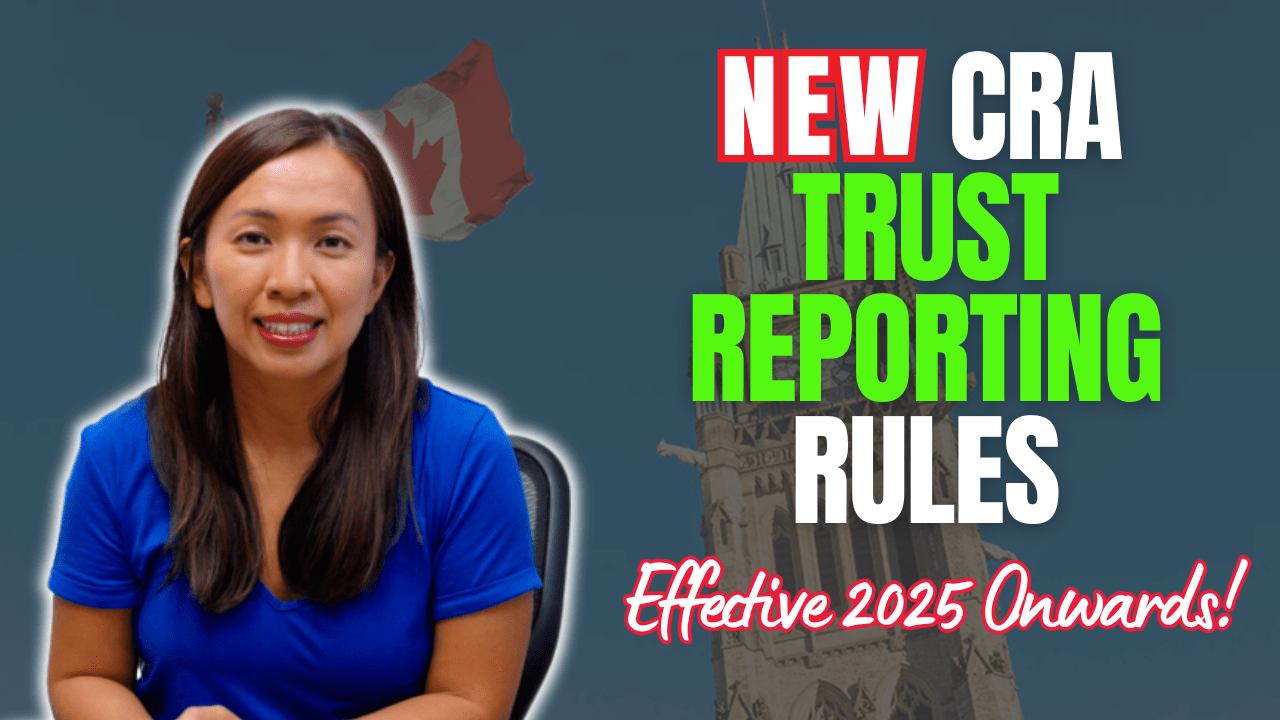My real estate investing journey starts with the Toronto townhouse that I bought for myself. It has been fantastic and I couldn’t be more grateful to own this place.
Within the first year, I refinanced it to take out sufficient amount to purchase my first student rental in St Catharines.

That was in 2012.
Two weeks ago, we refinanced this same student rental to take out the original amount of investment. We are using this money to purchase another place to finance the future education of our son.
-
Interest expense is only deductible when it is incurred for the purpose of investing
In general, interest incurred on money borrowed to earn business or property income is deductible. So interest incurred from the money we pulled out from this student rental is deductible, since we are using it to purchase another property to earn additional property income.
But what if we use this lump sum to pay down our principal residence mortgage?
In this case, it is not a tax deductible expense. The interest incurred on the additional mortgage we pull out is not deductible. The interest related to the original mortgage amount is deductible.
And for those investors who borrow money against their line of credit and lend money to their corporation to purchase properties, Canada Revenue Agency had challenged the interest deducted by the investors on the loans made to the corporation.
-
You may use the line of credit for both personal and investment
In a perfect world, we always advise our clients to segregate two line of credits.
One is a secured business line of credit for investment purpose. The other one is for personal use purpose.
When you have some extra money save up, pay off the personal use line of credit first, since the interest is not deductible.
That’s in a perfect world. The bank sometimes does not want to go through the trouble to split up the line of credit for you. And you do need the cash for your personal expenses, now what?
You would still be eligible to deduct the interest related to the portion of investment.
Let’s use a simple example to illustrate.
You have $100,000 line of credit available. You used $60,000 for investment purpose and $20,000 for personal reason. Interest rate is 3% annually.
Say for the full year you incur $2,400 interest.
The deductible portion of interest is $2,400 * $60,000 / ($60,000 + $20,000) = $1,800
But what happen when you issue a repayment of $10,000 at the beginning of year 2?
You incur $2,100 interest in year 2 on your line of credit.
Many real estate investors would make the mistake of continuing to deduct interest on $60,000, i.e. $60,000 x 3% = $1,800, with the belief that $10,000 repayment was only used to paydown the personal used portion of the line of credit.
CRA does not agree with that.
What you would have to do is to prorate the repayment based on the split between investment and personal.
For investment purpose, repayment is $10,000 x $60,000 / ($60,000 + $20,000) = $7,500
Therefore, outstanding amount for investment purpose is $52,500 ($60,000 – $7,500), and outstanding amount for personal used purpose is $17,500 ($20,000 – $2,500).
Deductible portion of LOC interest is therefore $2,100 x $52,500 / ($52,500 + $17,500) = $1,575.
Of course, the calculation can be quite complex if you issue multiple repayments or draw out your line of credit for personal use reasons.
-
Documentation matters
When it comes to audit time, nothing matters more than your documentation.
If you say that the original fund of $60,000 was used to purchase as a downpayment for your investment property, you better can provide paperwork to back up that claim.
This means that you, as the taxpayer, would need to show that the downpayment bank draft you issue to your lawyer (please keep a copy or make sure you have a photocopy of it) is the same amount that showed on your line of credit statement at that time.
We, as taxpayer, are responsible to make it as simple as possible for the CRA to understand. This eliminates all the risk of being challenged.
Until next time, happy Canadian Real Estate Investing.
Cherry Chan, CPA, CA
Your Real Estate Accountant






Alex
Another good article. Its simple and explains the matter well.
Thank you Cherry.
Alex